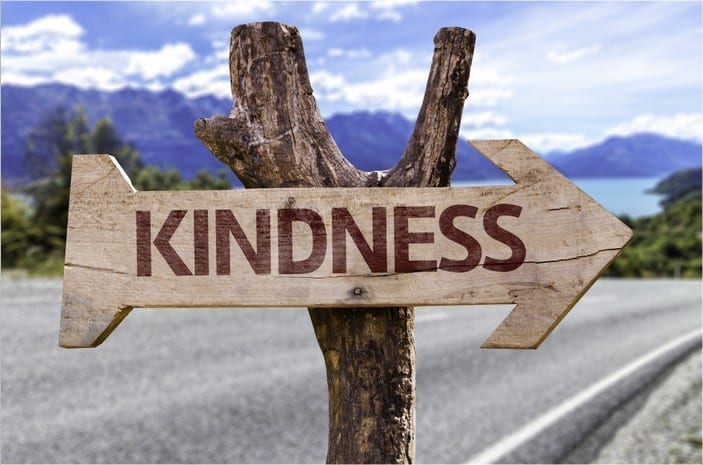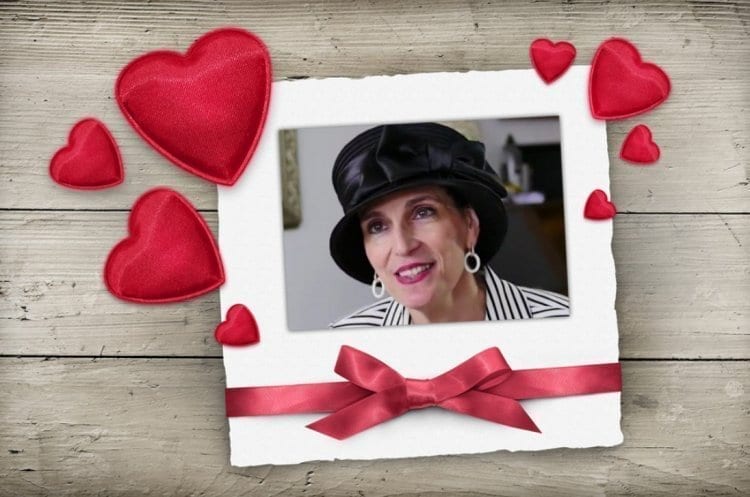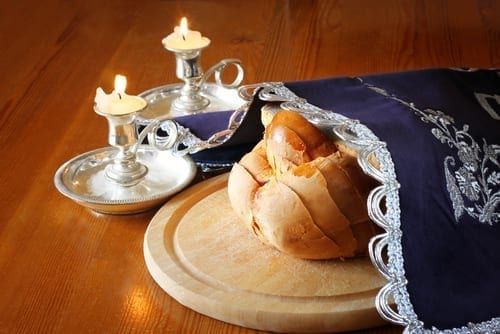According to Devorah Benjamin, her career didn’t exactly fall into her lap: “It fell in my face!” In the early ’90s, while Devorah was still in seminary, one of her close friends got engaged. Since the kallah was without family or means, Devorah says, “it became my project to arrange the shower and make sure she had everything for the wedding.” Devorah planned the entire affair, from the vort to the shmorg, and the chasunah was a smash. Soon after, another couple in need came her way. Then another. And another. Word spread, and before she knew it, Devorah found herself spearheading Keren Simchas Chosson V’Kallah (KSCVK), a chesed organization that “enables couples to get married with dignity and…makes their wedding dreams come true.”
In the organization’s first year, Devorah raised $30,000 to help 15 different couples. Twenty years later, thanks to Devorah’s tenacious fundraising—she once collected $60,000 outside of a grocery store—over $700,000 has been raised to fund weddings for hundreds of couples. With her clipped British accent and throaty voice, Devorah sounds more like an English Lit professor than a wedding planner. But once she starts talking the trade, it’s clear that her expertise far surpasses the entire staff of “The Knot.” She raises the funds, finds the hall, consults with the florists and haggles with the caterers (although, to save money, she’ll often do the cooking and baking herself). She gives chizzuk to a nervous bride, hands $50 to a chasan in need of a new shirt, and puts out the fires that sometimes ignite between families who are trying to pull a wedding together.
At the same time, she does regular wedding planning for a fee, just so that no one will know if a family speaking with her is in need of tzedakah. The daughter of a mashgiach and a teacher and the granddaughter of a mikvah attendant, Devorah grew up with chesed as a way of life. With that in mind, she says, running KSCVK “is not just a job.” She considers it a privilege to go as far as is necessary to meet the needs of every individual couple and their families. When a girl becomes engaged at Machon Chana, the Crown Heights seminary for baalos teshuvah, the kallah will barely have the ring on her finger before Devorah calls to offer her assistance, and insider tips on where to find the best of everything. She goes door to door and sits in front of grocery stores to collect funds, even if it means getting more coins than bills (it’s not unusual for Devorah to pay for weddings with change).
Regardless, she says, “No matter if they give me pennies, even fifty cents…I thank them very, very much.” Over twenty years of making weddings, Devorah attests that she has seen it all—and saved the day on more than one occasion. In one instance, a chasan from overseas ignored Devorah’s advice not to leave the US and got stuck at the airport two days before the wedding, unable to reenter the country.
Naturally, the kallah was a wreck. “Don’t worry,” Devorah assured her. “The wedding will be on the same day and at the same time. I’m not sure what country it will be in, but it will happen.” Reaching into her bag of tricks, Devorah made some serendipitous connections and had the wedding transported to a Chabad house in Montreal, Canada. At the last minute, she found a caterer and musician, and arranged for a bus to shuttle all the guests up from the US. But even Devorah couldn’t pull this wedding off without a little hashgachah pratis. When the Canadian rabbi prepared to marry the couple, he inquired into the kallah’s mother’s background.
The mother, who hadn’t thought to bring anything to verify her lineage, had just recently been to the Ohel, where the Lubavitcher Rebbe is buried. Near the Rebbe’s kever were her grandparents’ matzeivos. At the time of their visit, the chasan’s father suggested she take a picture, in case she ever needed it. Thankfully, the kallah’s mother took his advice; she produced her phone, showed the rabbi the picture, and the show was on the road. In the end, Mrs. Benjamin made good on her promise to the kallah. “They say you’re lucky if you can make a wedding in six weeks,” she says. “We made this wedding in 48 hours!” Although weddings are a great deal of fun, Devorah says, each one also has its “stress and craziness.” One of the hardest parts of her job is playing peacemaker between families.
She encourages future mechutanim to be on their best behavior from the beginning, because “during the engagement, if you get a bad taste, you can’t really make it up. No fights. No fights.” Families should also have realistic expectations of each other, she says; if they’ve gone through the shidduch process, they should know very well what the other side can and can’t afford. It’s unfair to demand something that can’t be delivered. As for the splashy, no-expense-spared wedding extravaganzas that cost an arm, a leg, and an organ or two, Devorah urges families to act with caution. “There’s the ayin hara, so sometimes it’s better to keep it out of the public eye. [But] if they are sponsoring another wedding, do whatever you want.” So after attending as many as seven weddings a week, does Devorah ever get tired of it? Hardly. “Every wedding,” she gushes, “is truly a miracle.”





